Advancing gender equity in health care and education
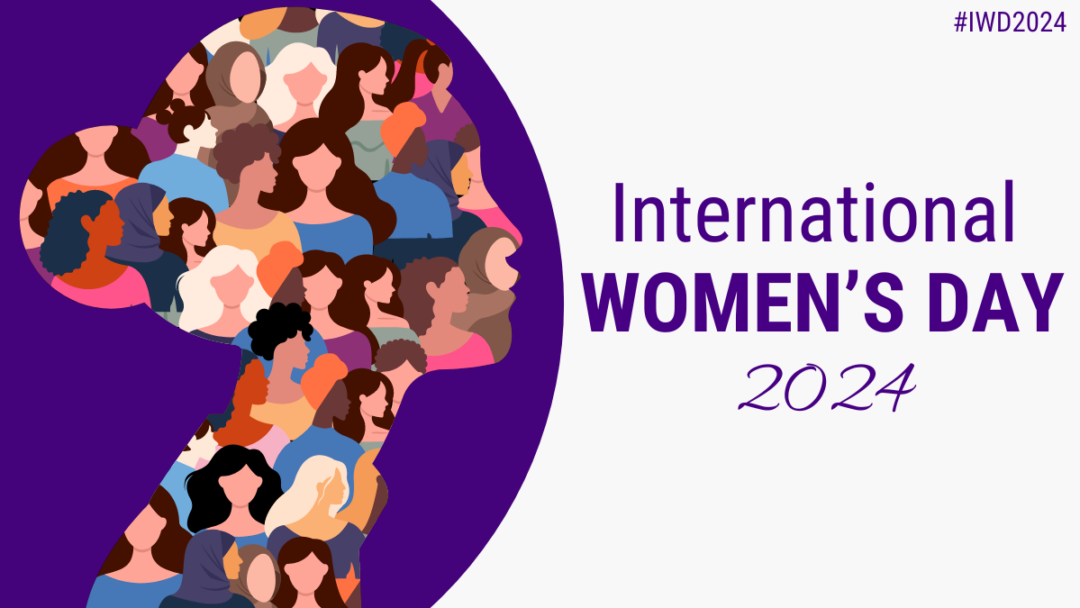
By Saroo Sharda, associate dean, Equity and Inclusion for the Faculty of Health Sciences.
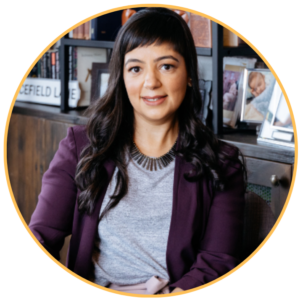
On International Women’s Day, it gives me great pleasure to highlight two of my wonderful colleagues who have consistently moved forward gender equity in their careers, Clare Mitchell, chief operating officer of Clinical Services for the Faculty of Health Sciences and Madeleine Verhovsek, professor in the Department of Medicine and chief of medicine at St. Joseph’s Healthcare Hamilton.
While it is important that we celebrate how far we have come in healthcare and academia regarding gender equity, it is crucial to remember there is still much to be done.
Women still have inequitable healthcare outcomes, lower pay than men and are underrepresented in leadership. A recent report from the Financial Accountability Office of Ontario revealed that women make $0.87 for every dollar a man makes for the same job. For example, the disparities in pay are significant for female surgeons, as discussed in a study on Sex-Based Disparities in the Hourly Earnings of Surgeons. These disparities are even wider for Black, Indigenous, racialized, trans and disabled women, as well as women facing other types of intersectional discrimination.
I want to thank all the brilliant women in our Faculty who provide high quality, equitable healthcare to patients and act as role models to our staff and learners. So many of you continue to advance gender equity in big ways and small – each action, each conversation, each policy change, is critical.
The burden of this work must be shared amongst all of us. We each have a role to play in upholding the rights and dignity of all women.
To learn how you can promote gender equity, check out this video featuring Michelle Phoenix, associate professor in the School of Rehabilitation Science (SRS) and co-chair of the SRS Anti-Racism, Anti-Bias, Anti-Oppression (ARABAO) Committee.
What do you think has changed the most regarding gender equity in academia and administration over the course of your career?
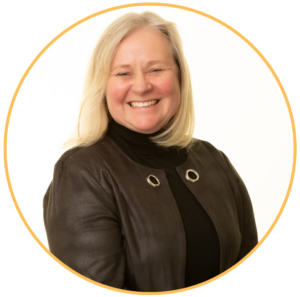
Mitchell: I have spent the entirety of my career as an administrator in academic health science centres, predominantly working with academic regulated health professionals. Over the past 25 years, I have seen some movement in the area of diverse representation and positive changes in our work environment. Changes in expectations regarding appropriate behaviour in the workplace, as well as a slow change with gender equity in senior middle and senior leadership roles, both on the university and health care institutional sides, are starting to be achieved.
However, as Dr. Sharda notes, gender equity must be viewed with an intersectional lens. Representation of folks who identify as women, in the areas of race, 2SLGBTQIA+ and abilities representation in our senior leaders is moving at a slow pace. We are beginning to have conversations about full inclusion and representation but we must continue to deepen our understanding and commitment that if our academic health systems are going to move forward, we must have the diversity seen in our patient and learner populations mirrored in our care providers, educators, researchers and senior administrators. People within the academic health system are taking meaningful strides to achieve this. I do know that the discussions we are starting to have now would not have been possible when I started my career 25 years ago.
What do you think has changed the most regarding gender equity in medicine and academia over your career?
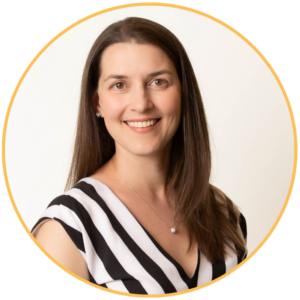
Verhovsek: I did most of my medical training at McMaster and now I have the privilege of working here as a clinician, faculty member and hospital administrative leader. When I was in training in the 2000s, I remember there being disproportionately few women in major leadership roles. I looked to strong women in Hematology, like Parveen Wasi, Shannon Bates and Cathy Hayward to see what the leadership opportunities for women could be and to observe a range of leadership styles. Comparing now with then – we’ve now reached a point where there are far more women in academic and clinical leadership roles. And with growing numbers there comes a growing diversity – of age, race, ancestry, areas of interest and expertise. Ultimately, there’s huge value in having people with these diverse perspectives contributing to leadership planning and decisions at our institutions.
What do you think is the most prevalent myth about the work of women in administration, and how can we help dispel that?
Mitchell: Academic health care administrators, as a whole, are not always embraced as partners in the academic health services work environment. When you layer over that intersectionality of equity seeking groups, including gender, our voices can be dismissed. Please remember that we are your partners, we are highly skilled and educated academic health care system citizens who care deeply about the quality of education, research and clinical care that takes place within the academic health care ecosystem.
What personal contribution are you most proud of in terms of advancing gender equity in medicine and academia?
Verhovsek: I enjoy mentoring and role modeling for people of all genders on how you can be most effective as a leader by being yourself. There’s no “right way” to lead people or to lead change – in the end, it’s about knowing yourself, playing to your strengths, genuinely caring about and connecting with the people you work with, and staying engaged in things that matter.
I’m grateful to have worked alongside Dr. Sonia Anand on the Department of Medicine’s Equity, Diversity and Inclusion Advisory Council during her time as associate chair of Equity and Inclusion. Together with Dr. Mark Crowther and the Council, Dr. Anand followed a rigorous, data-informed strategy to increase objectivity and transparency in hiring panels and leadership role selection committees: to monitor for equity in tenure and promotion trends, to develop processes for enhanced financial transparency and to address issues of professionalism in the workplace.
What one piece of advice would you give to women in academia and administration that you wish had been given to you earlier in your career?
Mitchell: I would share the following advice:
- Be proud of your calling and passions
- Continuously invest in your communication and leadership skills and stay curious
- Understand your limits and set boundaries
- Know you have an important perspective to bring to the table that our faculty and practitioners may not have
- Build relationships across sectors, be a conduit to solutions
- Remember, you can learn from all folks regardless of their power, position and role in the academic health ecosystem. Most importantly, you learn best from people by actually taking the time to talk to them and listen to them.
- Remember that you too deserve a life work balance and ultimately family (however you define your family) must always come first.
What is one piece of advice would you give to women in medicine and academia that you wish had been given to you earlier in your career?
Verhovsek: This is advice that I’ve given to many learners over the years:
As you’re trying to imagine future pathways for your career, it’s normal to look around at mentors and colleagues who are more senior than you and to examine whether their path looks like it could be a good fit for you. My advice is this: if you don’t see the right path for yourself, that’s the moment to start blazing a new trail. Your unique ideas, interests, aptitudes and perspectives will lead you into a new world of opportunities. Think big.
Community & Culture, Equity, Diversity and InclusionRelated News
News Listing
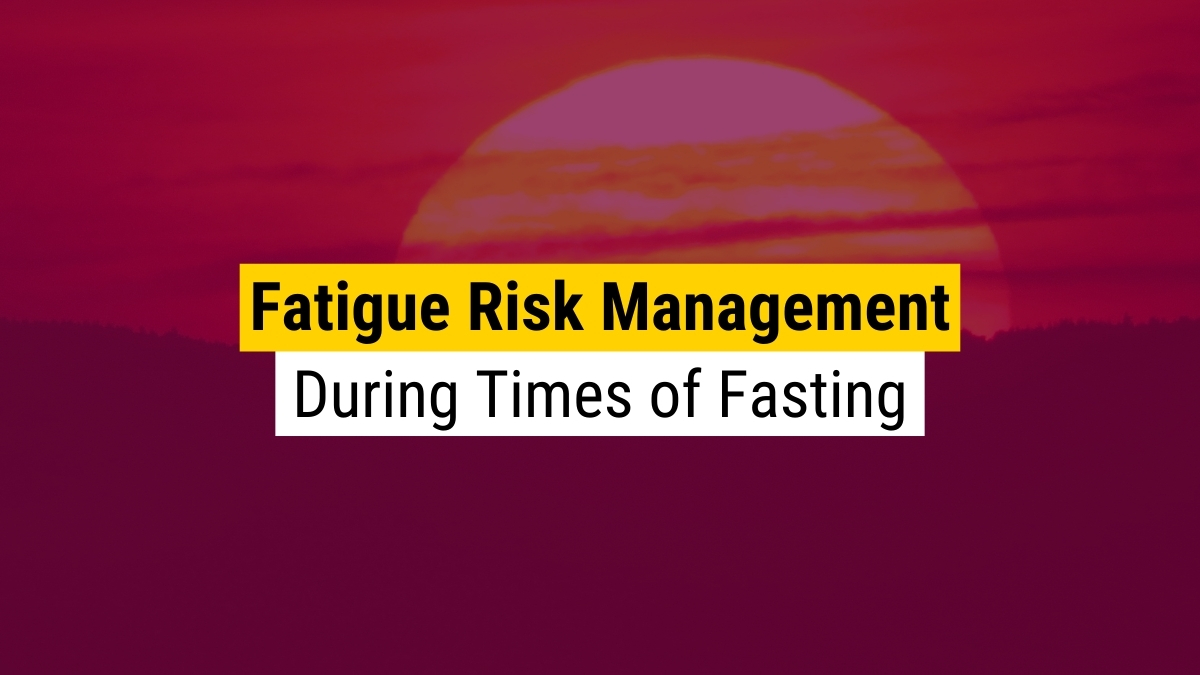
How to support faculty, staff and learners during Ramadan and similar times of fasting
Community & Culture
March 11, 2024


